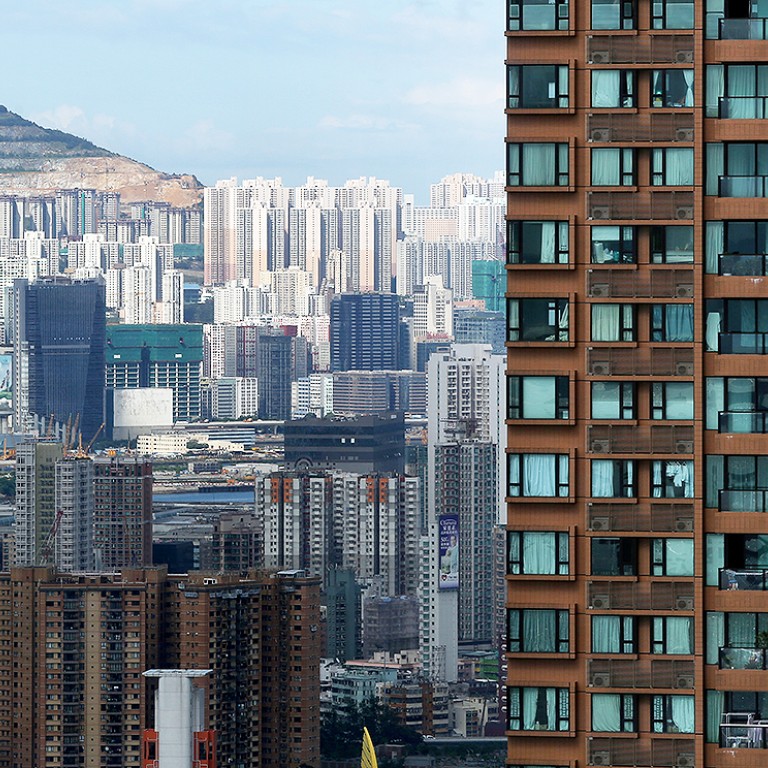
Hong Kong plans HK$27 billion ‘housing reserve’ to achieve new homes target
Extra cash is just the first instalment for a 'housing reserve' intended to help meet ambitious goal of building 290,000 homes
A multibillion-dollar "housing reserve" will be created from the public coffers to help the Housing Authority meet the government's goal of building 290,000 public flats in the next decade, the financial secretary revealed yesterday.
The new fund is intended to ease concerns that the self-financing authority will run out of cash as soaring building costs and ambitious government targets undermine its traditional business model of selling subsidised flats and using rental income to pay for new homes.
The administration will inject more money into the reserve "as long as the government's finances are healthy", a spokesman for Financial Secretary John Tsang Chun-wah said yesterday. The first payment, an estimated HK$27 billion, will represent this year's investment return on the government's vast fiscal reserves.
The news came two days after housing minister Professor Anthony Cheung Bing-leung unveiled a new long-term housing plan that will see 480,000 homes built in the decade from next year, up from 470,000 in the 10 years to 2024. They will include 200,000 public rental homes and 90,000 subsidised flats.
"According to the preliminary estimate, the Housing Authority will face a huge deficit and a substantial injection from the government is required" to meet the goal, Tsang said. "Given the huge financial commitment, we have to make advance planning."
The reserve will be invested by the Monetary Authority, and Tsang said the government would seek permission from lawmakers to draw on it after it agreed with the authority how much it needed and the timing of the injection.
The authority traditionally drew on revenue from selling flats under the Home Ownership Scheme and rents, as well as commercial leasing and investment. However, Cheung warned in June that the old model of building two rental flats from the sale of one subsidised home was "no longer applicable" as costs and demand rose.
The initial HK$27 billion would form just a small part of the total needed to meet the 10-year target. According to an official source, the average cost of building a public rental flat now stood at HK$1 million. Even assuming costs did not rise, the HK$27 billion would cover only 27,000 of the 200,000 to be built.
The authority had predicted that its HK$68.1 billion reserves would fall to HK$28.3 billion within four years.
Albert Au Siu-cheung, an accountant and member of the authority's finance committee, said: "It is quite a good injection to begin with. But it is hard to estimate how much money we will need for the next 10 years."
Marcellus Wong Yui-keung, a PricewaterhouseCoopers adviser and a member of the government's working group on long-term fiscal planning, said the authority should also raise revenue in other ways, for example by increasing rents.
The working group, set up to examine ways to keep public finances healthy, had suggested the authority sell off assets, borrow, or increase the proportion of flats for sale against rental flats. Au said the authority could not rule out those options.
Stanley Wong Yuen-fai, chairman of the Housing Authority's subsidised housing committee, said the reserve was a good arrangement as it offered flexibility. As well as the seed money, there would be investment returns.

